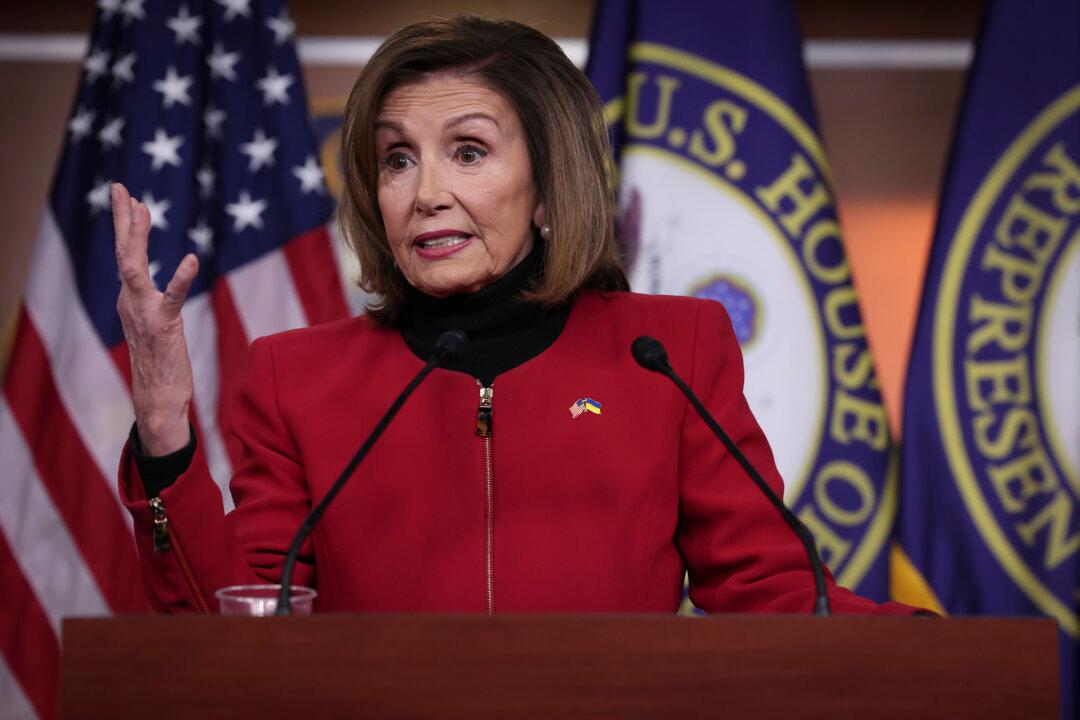House Speaker Nancy Pelosi (D-Calif.) is backing Senate-passed legislation that would ban government employees from using the Chinese-owned social media app TikTok on government devices.
The Senate unanimously passed the legislation on Dec. 14, which would ban the use of TikTok on all government-owned devices. The Departments of State, Homeland Security, and Defense already have such bans in place.




